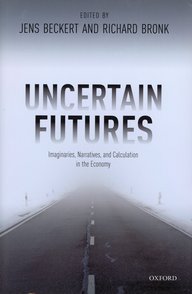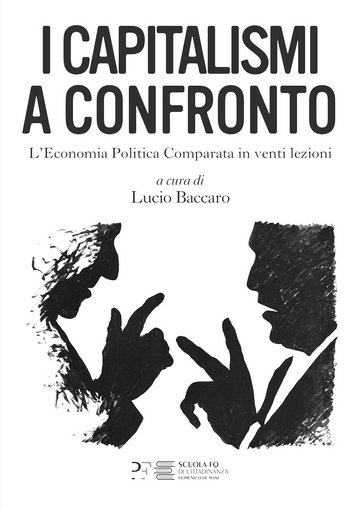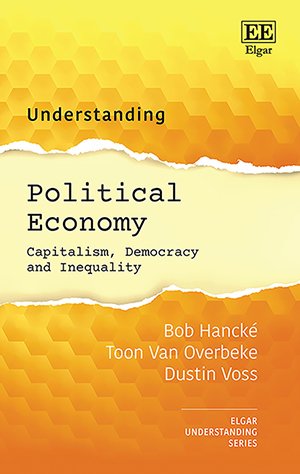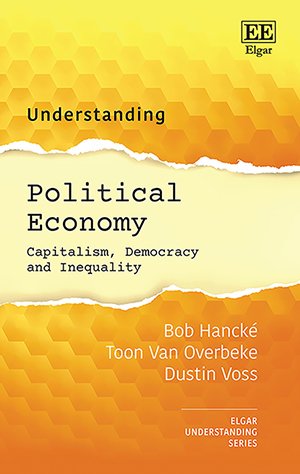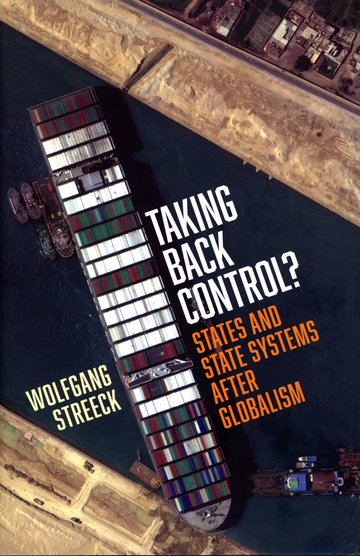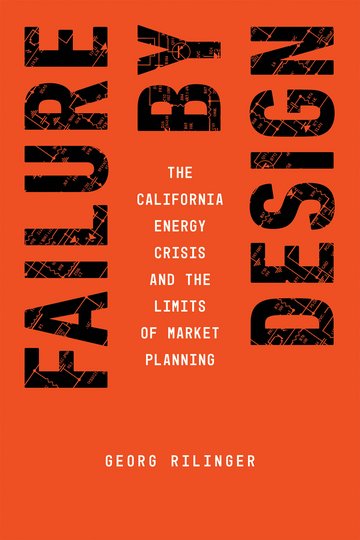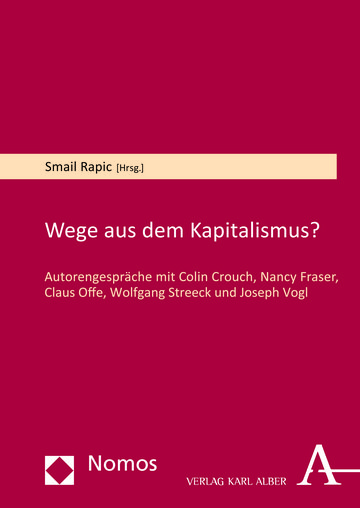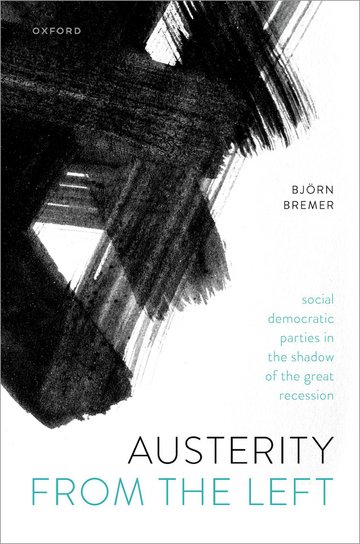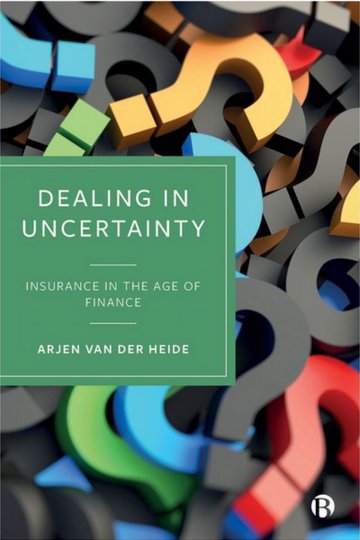Uncertain Futures: Imaginaries, Narratives, and Calculation in the Economy
Jens Beckert, Richard Bronk (eds.)
MPIfG Book
Abstract
Uncertain Futures considers how economic actors visualize the future and decide how to act in conditions of radical uncertainty. It starts from the premise that dynamic capitalist economies are characterized by relentless innovation and novelty and hence exhibit an indeterminacy that cannot be reduced to measurable risk. The organizing question then becomes how economic actors form expectations and make decisions despite the uncertainty they face.
This edited volume lays the foundations for a new model of economic reasoning by showing how, in conditions of uncertainty, economic actors combine calculation with imaginaries and narratives to form fictional expectations that coordinate action and provide the confidence to act. It draws on groundbreaking research in economic sociology, economics, anthropology, and psychology to present theoretically grounded empirical case studies. These demonstrate how grand narratives, central bank forward guidance, economic forecasts, finance models, business plans, visions of technological futures, and new era stories influence behaviour and become instruments of power in markets and societies. The market impact of shared calculative devices, social narratives, and contingent imaginaries underlines the rationale for a new form of narrative economics.
Contents
1. An Introduction to Uncertain Futures
Jens Beckert and Richard Bronk
Section I The Nature of Expectations in Modern Political Economies
2. Expectations, Narratives, and Socio-Economic Regimes
Robert Boyer
3. Conviction Narrative Theory and Understanding Decision-Making in Economics and Finance
David Tuckett
4. Arctic Futures: Expectations, Interests, Claims, and the Making of Arctic Territory
Jenny Andersson
Section II The Strange World of Economic Forecasting
5. The Interactional Foundations of Economic Forecasting
Werner Reichmann
6. Escaping the Reality Test: How Macroeconomic Forecasters Deal with 'Errors'
Olivier Pilmis
7. Uncertainty in Macroeconomic Modelling
Andrew G. Haldane
Section III The Role of Narratives and Planning in Central Banking
8. A Tractable Future: Central Banks in Conversation with their Publics
Douglas R. Holmes
9. Central Bank Planning? Unconventional Monetary Policy and the Price of Bending the Yield Curve
Benjamin Braun
Section IV Constructing Futures in Finance
10. Predicted Uncertainty: Volatility Calculus and the Indeterminacy of the Future
Elena Esposito
11. Uncertain Meanings of Risk: Calculative Practices and Risk Conceptions in Credit Rating Agencies
Natalia Besedovsky
Section V Managing Expectations in Innovative Business
12. Processing the Future: Venture Project Evaluation at American Research and Development Corporation (1946–1973)
Martin Giraudeau
13. Discounting and the Making of the Future: On Uncertainty in Forest Management and Drug Development
Liliana Doganova
14. The Dilemma between Aligned Expectations and Diversity in Innovation: Evidence from Early Energy Technology Policies
Timur Ergen
